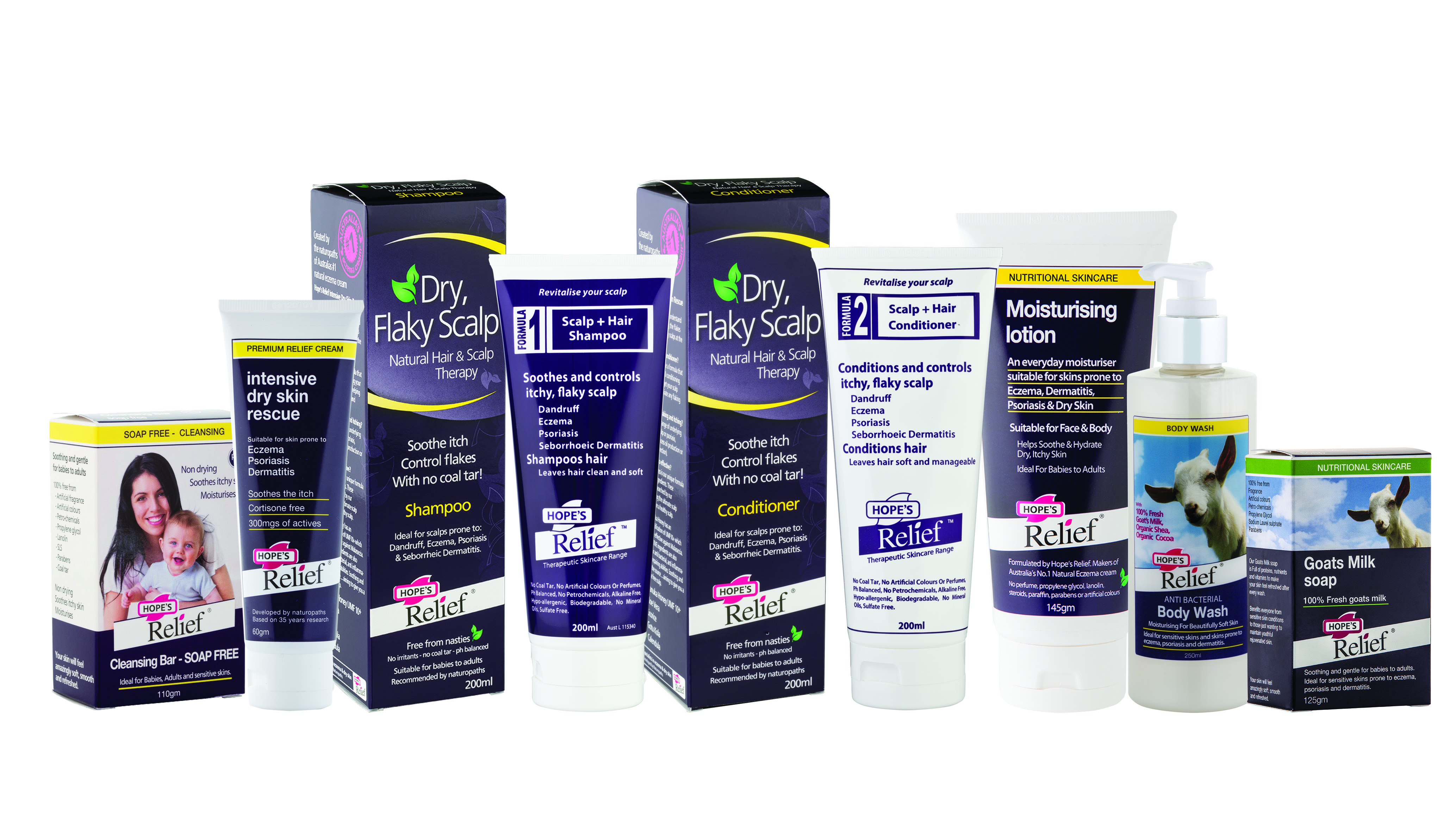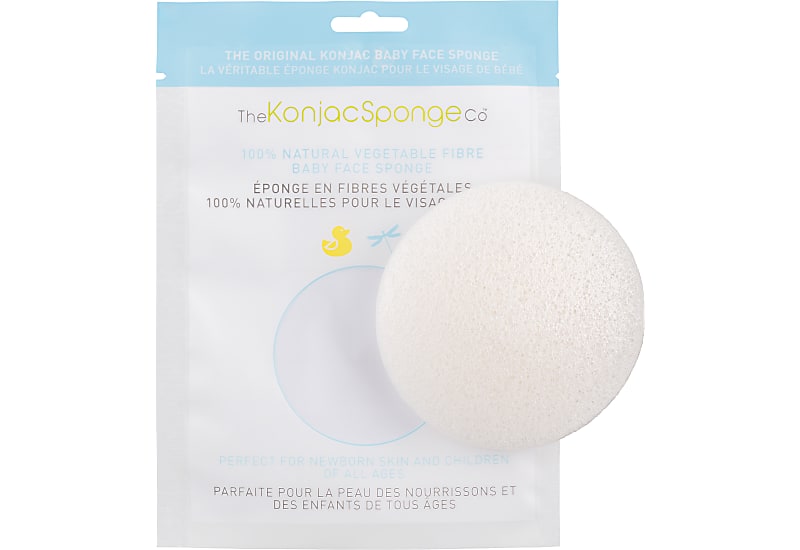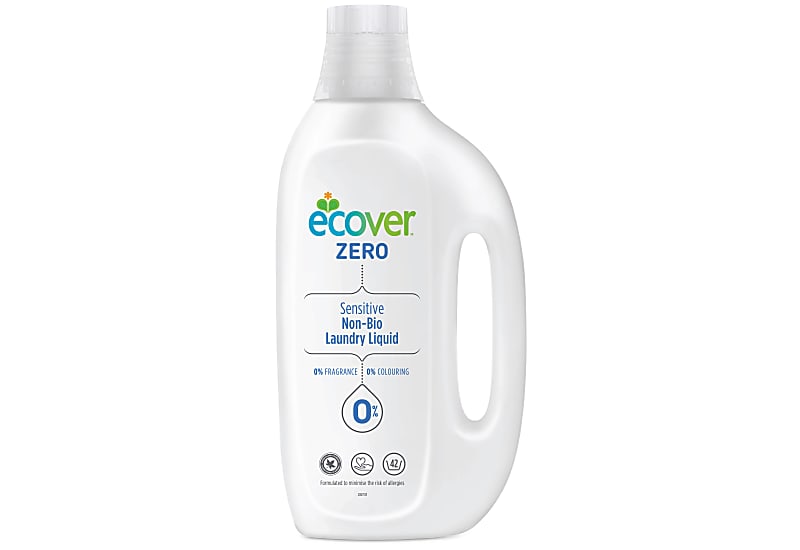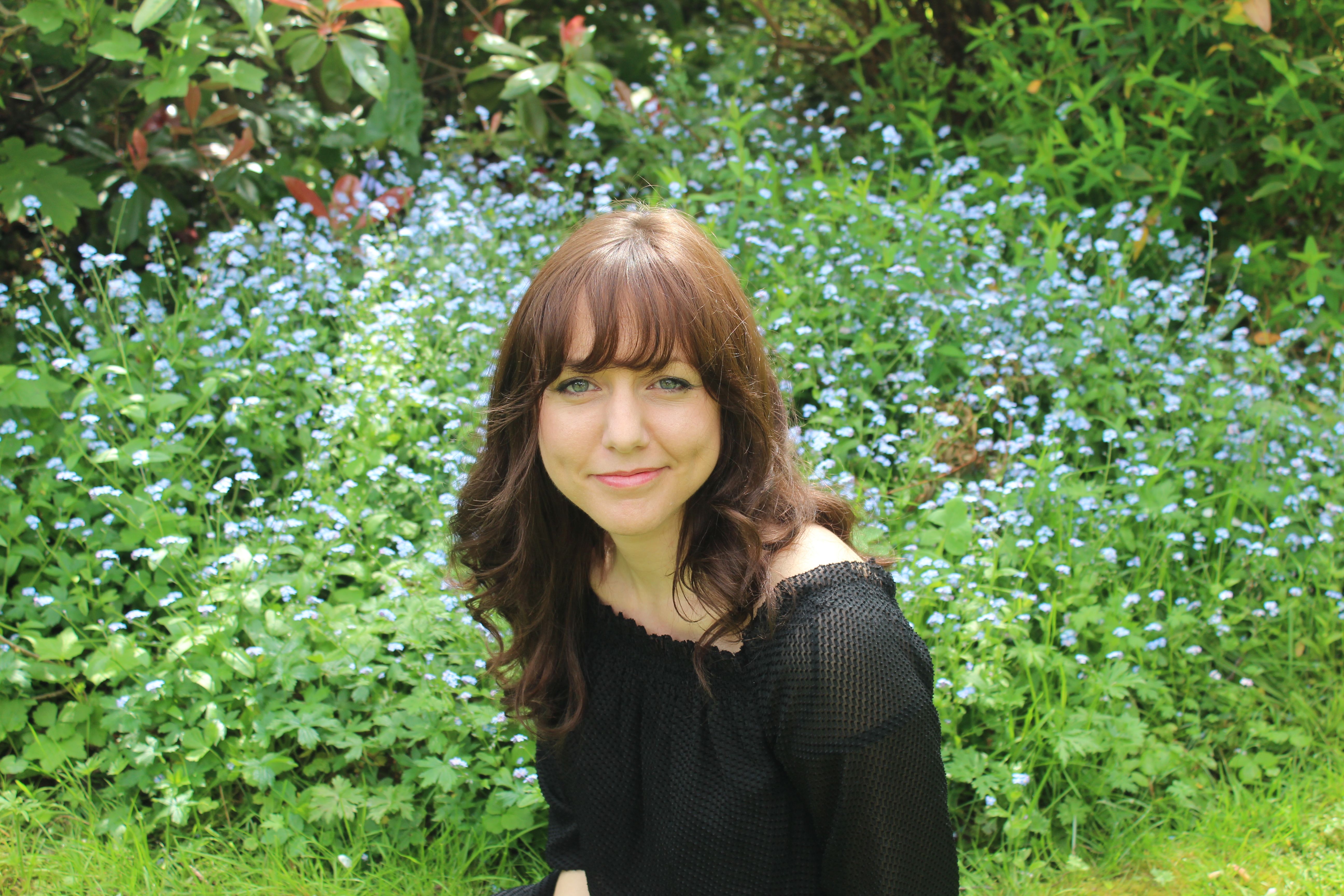Dealing with Atopic Eczema and Sensitive Skin - practical advice from Hope’s Relief UK Medical herbalist and skin advisor, Lindsey Miller
Eczema affects thousands of adults and children on a daily basis - here Lindsey Miller explains what kinds of things can cause eczema, and gives us advice and tips on how to tackle it.
Plus, based on Lindsey’s advice, we’ve included a few BigGreenSmile suggestions for paraffin free products that can help tackle, help (and avoid) sensitive skin flair-ups.
Eczema – the facts
What causes eczema?
People who suffer from eczema have problems retaining the moisture in their skin. The dryness can make their skin sensitive and more likely to react to triggers that cause inflammation. It’s genetic, and children who have one or both parents with atopic eczema are more likely to develop it.
What age is eczema most common?
Eczema is very common in young children. Up to one in five children will suffer from it. Eczema can often start in the first six months of life and may last into childhood, adolescence and sometimes adulthood: one in twelve adults have eczema.
What kinds of things can trigger an eczema flare-up?
Eczema can be triggered by a number of factors, and here are a few:
- Many sufferers link it to stress
- It’s often worse in winter months (when the air is dry and skin is exposed to the fluctuation of cold wind chill temperatures outdoors, and dry central heating inside)
- Eczema can be made worse by factors like exposure to irritating substances – things like laundry detergents, topical detergents, air fresheners, and fabrics such as wool
- For infants, saliva from drooling can cause additional irritation, particularly in the area around the mouth, cheeks, chin and neck
- Certain foods can trigger eczema
Here are Lindsey’s top tips for helping to prevent eczema in infants, children and adults
1. Choose the best natural products to use on your skin

Hope’s Relief is Australia’s number one natural skincare range for eczema, psoriasis and dry itchy skin conditions. Developed over the last 35 years the range is 100% safe for children of all ages, even new-borns. It’s free from sodium laurel sulphates, parabens, coal tar, artificial colours and fragrances and contains no mineral oils or petrochemical, and completely paraffin free.
2. Don’t over wash and avoid using too much detergent
Some experts suggest it is better to bath only once or twice a week instead of every day and ‘top and tail’ the rest of the time, (ie. clean bottoms, faces and hands as needed). Use plain warm water and a small amount of something like Hopes Relief soap-free cleansing bar if you need it. Our Konjac Baby Sponge is perfect for washing a babies’ delicate skin, and if you fancy just a top and tail, you could try the Konjac Body Sponge which is ideal for anyone with eczema or sensitive skin.

3. If you’re using baby wipes – be warned!
Look at the packaging of your wipes and you’ll find many contain harmful ingredients ie; alcohol, perfume and surfactants. If you use them, pick those that are non-chlorine bleached, unscented and alcohol-free offering a more natural alternative, or simply use a cotton wash cloth and soap-free cleansing bar.
Browse our range of unscented, and chlorine and alcohol-free wipes and sanitizers here.
4. Check your washing powder
 Washing powders should be non-biological. Avoid fabric softeners (and anything strongly perfumed). Pick natural wherever possible and rinse well. Most washing powders are designed to break down fats which means they also have this action if put into contact with the skin which leads to skin irritation.
Washing powders should be non-biological. Avoid fabric softeners (and anything strongly perfumed). Pick natural wherever possible and rinse well. Most washing powders are designed to break down fats which means they also have this action if put into contact with the skin which leads to skin irritation.
We offer a range of non-biological and fragrance free laundry products on BigGreenSmile including:
- Ecover Zero for people who want a fragrance free allergy-approved product they can trust. It’s dermatologically tested and approved by Allergy UK.
- Bio-D also offer a range of fragrance-free laundry products that are approved by Allergy UK.
- EcoEgg’s laundry products are kind to skin, and its Fragrance Free Laundry Egg was developed in conjunction with Allergy UK, and is endorsed by the National Eczema Society.
- Ecozone has a range of free-from laundry products approved by Allergy UK.
5. Pick natural fabrics
Natural fabrics such as cotton clothing and bedding are kinder to skin. Cotton keeps the skin cool and allows it to breathe, whereas synthetic fabrics and wool can irritate.
6. Try to limit scratching.
This is easier said than done, especially for children and at night when itching can sometimes get worse. Scratching damages the skin further resulting in exacerbation and further skin trauma. The hands are one of the worst transmitters of bacteria, so touching and scratching can introduce bacteria into vulnerable skin. Use a natural cotton babygrow and hand mittens or a cotton ‘onesie’ for older children, and keeping children’s nails clean and short can help.
7. Identify food triggers
In about 10% of cases, food is the main trigger of eczema in children, yet food may be one of the causes or exacerbating factors in about 30% of children with eczema. Even those who are affected by diet will still need to have a good skincare routine to help heal the eczema and stop it getting worse with an itch-scratch-itch cycle.
Common food triggers to look out for include:
- Dairy - cow’s milk, cheese, eggs, soya, wheat, fish, nuts
- Solanceae or deadly nightshade family - potatoes, aubergines, cucumbers, tomatoes and peppers.
- Orange juice can also make skin conditions worse!
N.B. it is important for children to have a healthy balanced diet, if a food is suspected contact your doctor or seek professional advice before beginning an elimination diet.
Lindsey Miller BSc. (Hons) Health Sciences & (Herbal Medicine) MCPP

Medical herbalist Lindsey Miller from Hope’s Relief, Australia’s #1 natural skincare range for eczema, psoriasis and dermatitis is educated to Degree level BSc. (Hons) Health Sciences & (Herbal Medicine) and has had over 6 years of practitioner experience and 6 years’ experience within the natural products industry.
Lindsey has wealth of healthcare knowledge and first-hand experience on what really works. Lindsey has been a featured health expert for various publications, online and on radio, her success stories using herbal medicine have also been featured on BBC News Website.
Hope's Relief has been formulated over 35 years of research and originally created by a Naturopath for her own daughter. Suitable for new-born babies to adults, Hopes Relief is now an award winning brand, Australia’s No1 natural eczema cream and renowned by mothers and trusted by families’ worldwide.